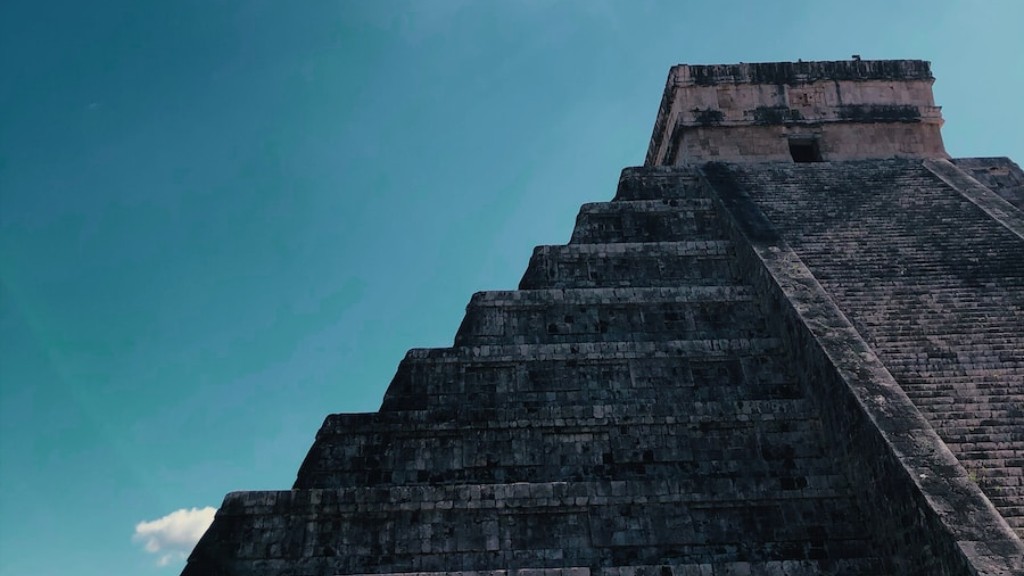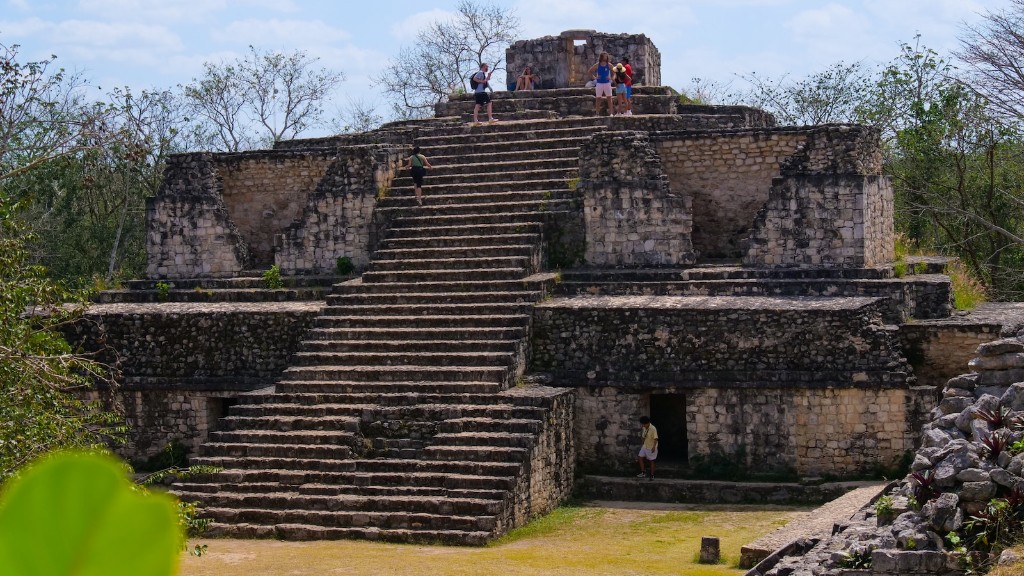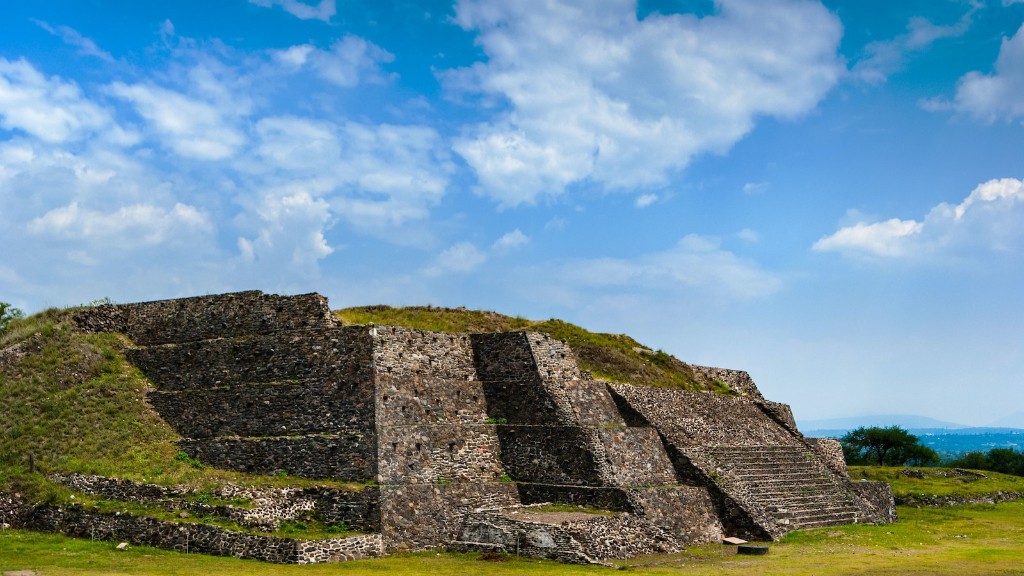Rules and Laws in the Mayan Civilization
The Mayan civilization, one of the most sophisticated ancient societies, existed in what is now known as Mesoamerica. Their complex social and political systems are a testament to their ingenuity and organizational skills. Central to the success of the Mayan civilization were the rules and laws that governed every aspect of their society. This article delves into the intricacies of the Mayan rules and laws, shedding light on how they influenced the daily lives and development of the civilization.
The Role of Rules and Laws in Mayan Society
Rules and laws played a crucial role in maintaining order, stability, and prosperity in the Mayan civilization. They provided guidance and regulations that governed everything from daily interactions to religious ceremonies and trades. These laws were designed to ensure fairness, resolve conflicts, and promote societal harmony.
Legal System
At the core of the Mayan legal system was a set of codifications known as the “Chilam Balam,” which served as the legal and administrative code. This code outlined the various laws and their corresponding consequences for breaking them. Those who were responsible for upholding these laws were the judges known as the “batabs,” who had the power to enforce the legal code and oversee the resolution of disputes.
Judicial Process
The judicial process in the Mayan civilization was a meticulous and structured procedure. Accused individuals were required to appear before a panel of judges, where evidence and witnesses were presented. The judges carefully examined the evidence, analyzed testimonies, and delivered a verdict based on the evidence and the legal code. The punishment for those found guilty varied depending on the severity of the offense.
Types of Laws in Mayan Civilization
The Mayan legal system encompassed a wide range of laws that covered different aspects of life. These laws can be categorized into three main types: civil, criminal, and religious.
Civil Laws
Civil laws in the Mayan civilization regulated daily interactions, property rights, and contractual obligations. These laws ensured that disputes between individuals were handled fairly and that agreements were honored. Violations of civil laws could result in penalties such as fines or restitution.
Criminal Laws
Criminal laws dealt with offenses against the community and included crimes such as theft, murder, and assault. The punishment for these crimes varied depending on the severity of the offense, and could range from fines to imprisonment or even capital punishment in some cases. These laws aimed to deter criminal behavior and maintain social order.
Religious Laws
Religion played a central role in the Mayan civilization, and religious laws governed the rituals, ceremonies, and practices related to the worship of their gods. These laws dictated the conduct of priests, the organization of religious events, and the use of sacred spaces. Violations of religious laws were believed to bring about divine punishment and were taken very seriously.
The Influence of Rules and Laws on Mayan Society
The rules and laws of the Mayan civilization exerted a profound influence on the social, economic, and political aspects of their society.
Social Order and Justice
The Mayan laws ensured that society functioned harmoniously. They provided a framework for resolving conflicts and disputes, promoting social order and justice. By establishing clear consequences for illegal actions, the laws deterred potential wrongdoers and maintained a sense of security within the community.
Economic Stability
The Mayan legal system contributed to economic stability by regulating trade and commerce. The laws protected property rights, enforced fair trade practices, and resolved commercial disputes. This enabled merchants to conduct business with confidence, fostering economic growth and prosperity.
Religious Cohesion
The religious laws played a crucial role in maintaining religious cohesion within the Mayan society. These laws ensured that religious practices and rituals were carried out correctly and that the gods were appeased. This created a sense of unity and reinforced the overall spiritual beliefs of the civilization.
Conclusion
The rules and laws of the Mayan civilization were the backbone of their society, providing order, justice, and cohesion. They were a reflection of the sophisticated nature of this ancient civilization and their commitment to maintaining a well-structured society. Understanding these laws enables us to appreciate the achievements and complexities of this remarkable civilization.



